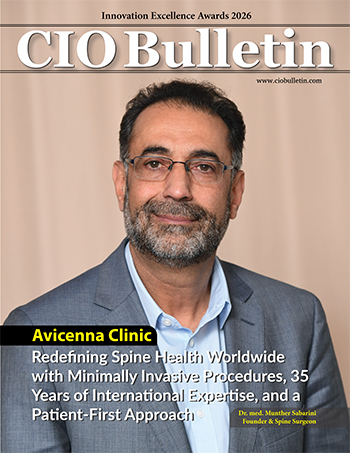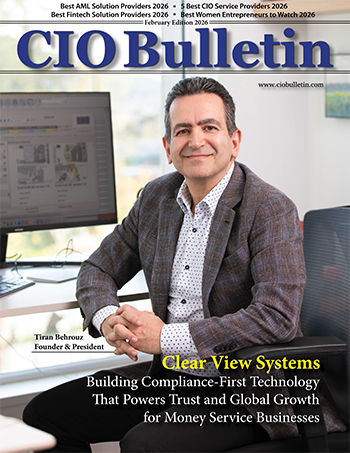Home Industry Recycling and waste management AI Revolutionizes U.S. Recycli...
Recycling And Waste Management

CIO Bulletin
20 June, 2025
AI disrupts recycling and waste management in the U.S., improving its effectiveness, decreasing contamination levels, and contributing to achieving cyclical economy agendas despite the increased e-waste risks.
Less than 24 percent of the waste generated in the United States, which produces the most waste per capita of all countries is recycled. Urbanization and landfill overflow are on the increase and as a result recycling and waste management are issues of national concern.
Artificial Intelligence is set to be one of the disruptors to these challenges. Whether it comes to robots equipped with AI to work in recycling centers or smart trash containers and predictive analytics, AI is changing waste management processes themselves, making them much swifter, more precise, and efficient overall.
Up to 1,000 items can be sorted in an hour, contamination is detected and the material is identified with the help of hyperspectral imaging. The scientists of Columbia University, supported by a federal grant of 2.7 million dollars, are already experimenting with AI-powered pontoons to clear the Hudson River of plastics and the larger ocean later.
Such recycling and waste management targets include a 50 percent national rate of recycling and come with a 2030 horizon, so AI innovations are needed. The trend has already been demonstrated in companies such as Greyparrot and Glacier, which already show that landfill reliance may be reduced by machine learning and robotics to facilitate a circular economy.
Nevertheless, the path forward is not without obstacles, as a large upfront investment amount, an increase of e-waste, and the privacy of consumer data are all issues to be overcome. However, the positive effects of recycling and waste activities using artificial intelligence can probably be even greater than the drawback of the race to a sustainable future in the United States.

Insurance and capital markets







